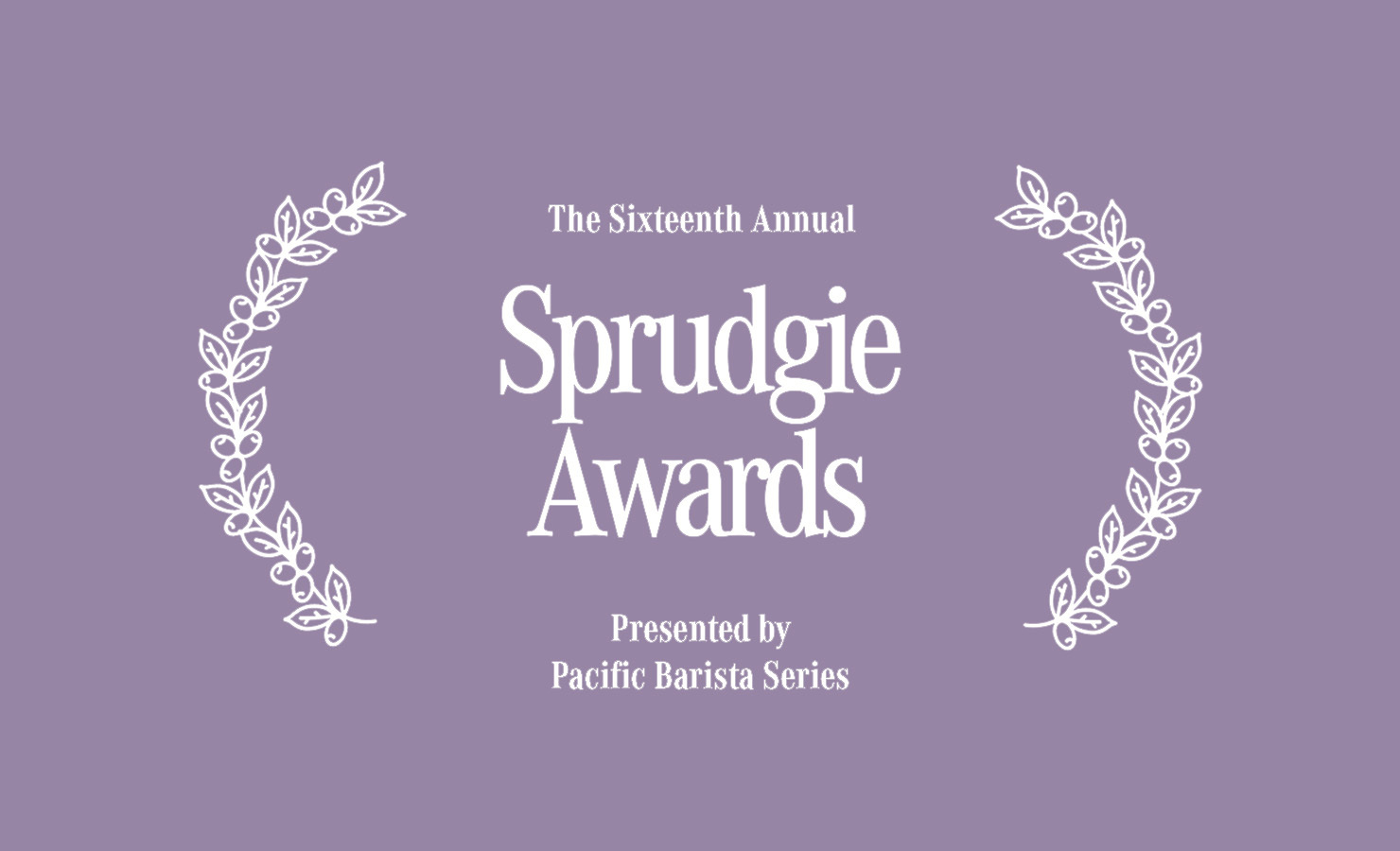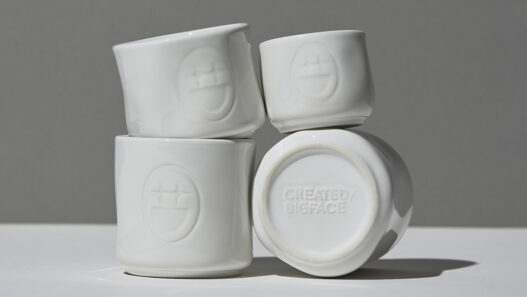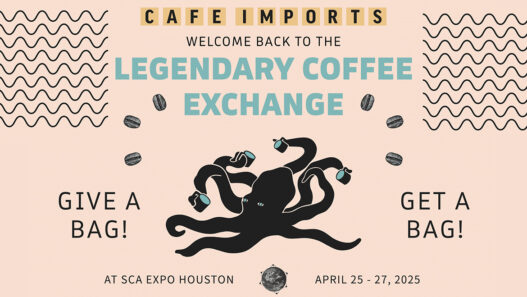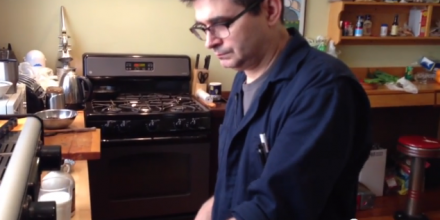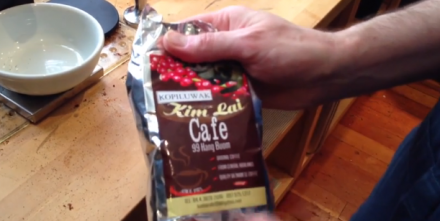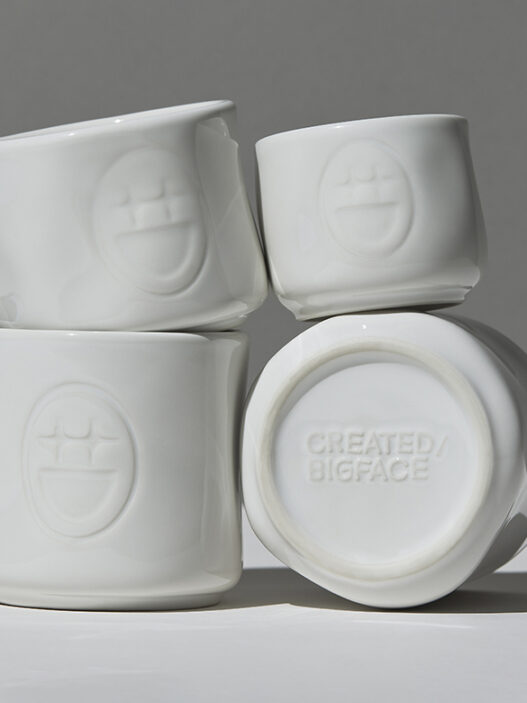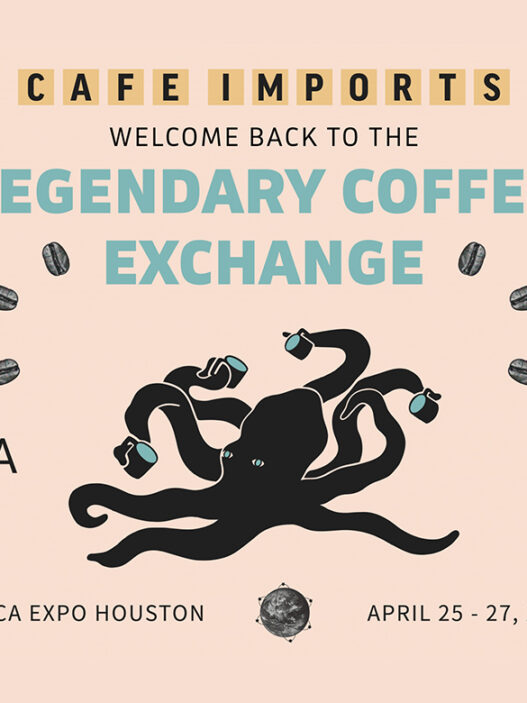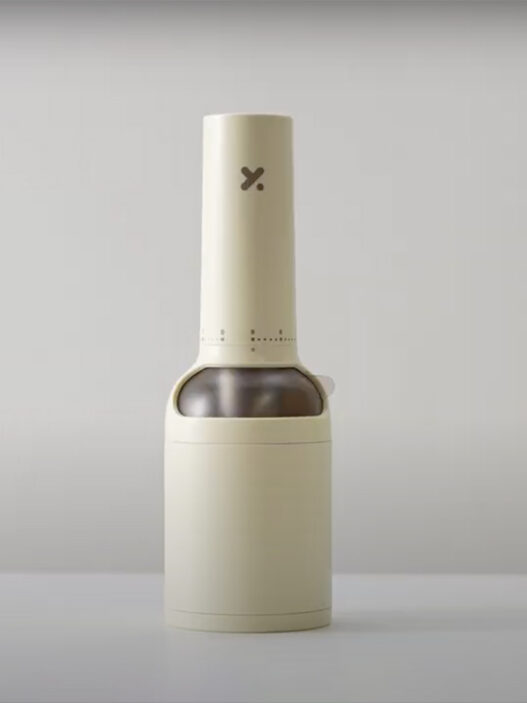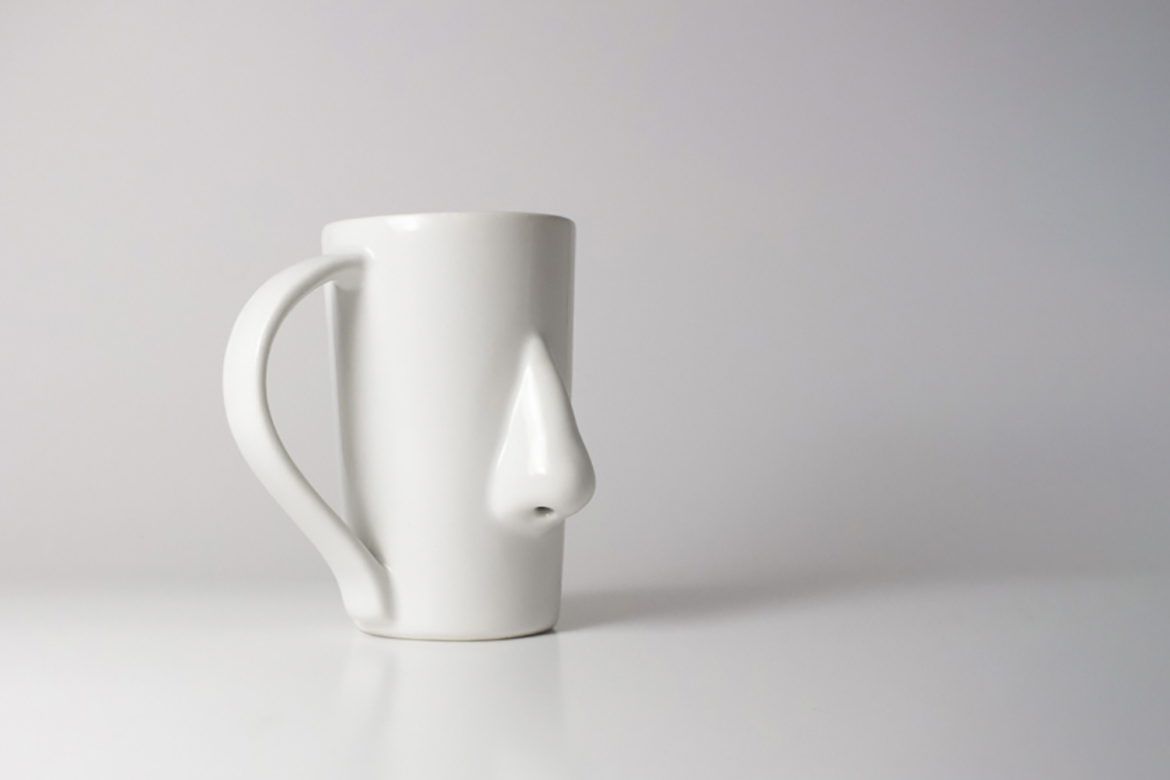In a follow up to our article from June 3rd, entitled “Chicago: Steve Albini Shills For Kopi Luwak On The AV Club“, we can share with you today an email received by Your Sprudge Editors written by Mr. Albini himself. This falls somewhere on the spectrum for us between the time Four Loko wrote us an email and the time we got to interview Dr. Tim Schilling about coffee leaf rust, which is to say, we’re pretty excited.
We’re republishing Mr. Albini’s email in its entirety, including the part where he sort of half-heartedly gives us consent to make the email public. It’s certainly well-written enough for publication – seriously, there’s less editing work for us to do here than a Liz Clayton piece, and those things come in perfect.
So here it is, recording legend Steve Albini – producer of “In Utero”, all the good Silkworm records, all the good Superchunk records, and a songwriting legend in his own right for Big Black and Shellac – writing letter to Sprudge about weasel poop coffee. Truly these are modern times.
From the article, it appears we have both seen the anecdotal evidence of civets being treated and tended humanely, but this is the first I have heard of civet abuse in the coffee industry, and for that I thank you.
I’ll admit to a certain skepticism as regards the specific bag of coffee I acquired, in that it doesn’t surprise me that animals being kept for farm use would be kept in pens, or that conditions on third-world farms might not be up to the standards of the removed blogosphere, but I abhor the maltreatment of both people and animals, and try to minimize my accidental support of industries that conduct business that way.
I also have a bit of uproar fatigue, as these discussions are often raised to a shrill pitch by the cyclonic reinforcement of advocates on the internet. There has been episodically an uproar about the production of foie-gras, for example, in that the concept of gavage seems to imply abuse of the birds used to produce foie gras.
I would have thought that myself, until I had a chance to visit a ferme in Anjou where they raise ducks and geese, and saw the feeding firsthand. Then birds are essentially allowed to eat as much as they like, exploiting the seasonal gorging instinct of all migratory waterfowl, and they get really fat. There was no force, no captivity, no coercion of any kind, and the birds seemed quite content with the process. Indeed, they could literally have flown away any time they liked. There is an excellent TED talk about the ethical production of foie gras if you’re interested in this topic.
I only buy meat and eggs from reputably humane sources and try to live in a manner that doesn’t exploit other people. We buy our bulk coffee from Metropolis, an ethical local roaster who sources its beans from farmers as directly as possible.
I am not fond of the perfume industry and don’t support its mechanized abuse of civets. Several sources cited in the discussion of kopi luwak and the treatment of civets have provided photographs of civets in pens with injured faces, and I wonder if these are not actually civets kept for the perfume industry, specifically because civet musk production is stimulated by whipping the faces of captive civets.
In my defense, I tend to think that a small farmer selling coffee locally in Vietnam is less likely to have use for the economies of scale provided by battery holding civets than a farming company or co-op in Indonesia with a contract for many times that amount to supply an international distributor. I do not doubt that those animals are mistreated, in the same way that industrialized coffee production is insensitive to the ecological and societal havoc it wreaks, and I do not buy any coffee from a big concern for that reason.
Still, if any of the $100 or so I have contributed in my life to the retail trade of Kopi Luwak has gone to unethical producers, I can only be sorry, and I thank you for waking me up to something I will have to be careful of from now on.
The only thing I’m certain you got wrong in your post is that the coffee is fucking delicious. Not worth-abusing-an-animal delicious, but delicious nonetheless.
Thank you, Mr. Albini, for taking the time to write us back on this issue, and for hopefully not hating us after we went ahead and published your eloquent (if at times disagreeable) words. Our rebuttal is this: If you put a 2/3rds of a pint glass of sweet creamy milk and an ounce or so of maple syrup together, whatever coffee you add on is going to taste pretty sweet. We think the delicious part might be your “Fluffy Coffee” recipe, and not the luwak itself. That’s like saying “Hey, this guitar sounds great”, when you’re running it through an early 70’s Big Muff Pi, your Dbx 500 subharmonic generator and Skibbe 5-9C compressor rack mount. The end result is going to sound great, sure, but it’s hardly because of the guitar alone, right? We’re no experts.
Right now we’re keenly interested in gathering stories and especially photos from kopi luwak production sites in Southeast Asia – everyone, including us and other journalists trying to tell the luwak story responsibly, have much to learn still about this subject and its realities in SE Asia. If you or anyone you know has information to share with Sprudge, please write to us at KopiLuwak@Sprudge.com.



